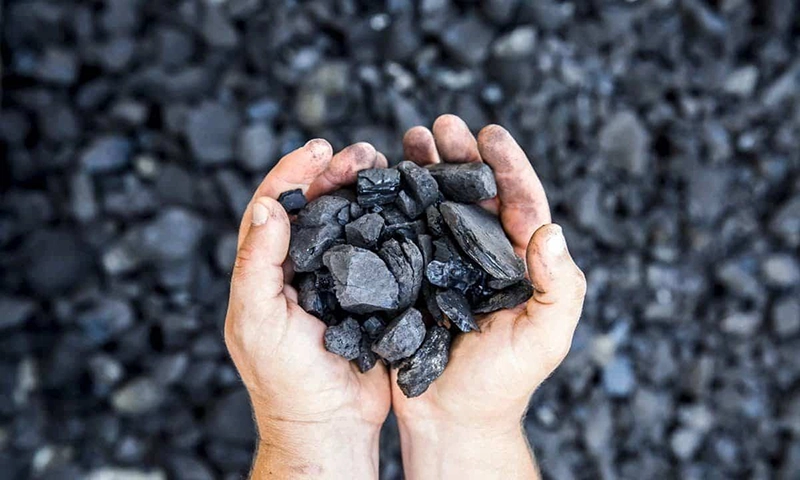
Gilsonite Supplier & Exporter | AsiaGilsonite
Exporting Gilsonite to 21 countries worldwide
Supplying natural bitumen with innovative methods
Gilsonite Supplier & Exporter | AsiaGilsonite
Why AsiaGilsonite Is a Trusted Gilsonite Supplier
1- Standard and Durable Packaging
Our products are exported with secure and standard packaging to maintain their quality during transportation.
2- Fast and Reliable Delivery
Asia Gilsonite ensures timely delivery by leveraging a robust transportation network.
3- Guaranteed Quality
All our products come with laboratory analysis and comply with international standards.
1- Standard and Durable Packaging
Our products are exported with secure and standard packaging to maintain their quality during transportation.
2- Fast and Reliable Delivery
Asia Gilsonite ensures timely delivery by leveraging a robust transportation network.
3- Guaranteed Quality
All our products come with laboratory analysis and comply with international standards.
Exporting Gilsonite to 21 Countries Worldwide
Our commitment to sustainable supply and high quality has established us as a trusted supplier in global markets
AsiaGilsonite – A Pioneer in Natural Bitumen Export from the Middle East to the World
With over two decades of specialized experience in the extraction and processing of export-grade Gilsonite, Asia Gilsonite holds a unique position in global markets as the only Iranian company equipped with dry ash removal technology. Backed by five exclusive Gilsonite mines in the Middle East and cutting-edge technical expertise, the company meets the demands of advanced industries in 21 countries worldwide.
Utilizing Dry Ash Removal Technology to produce Gilsonite with ASH content below 5% – Only at Asia Gilsonite!
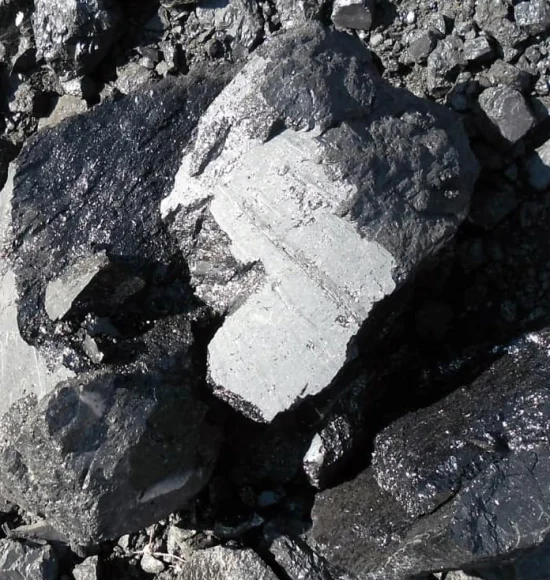

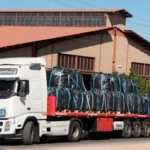
Ready to Place an Order or Request a Sample?
Our experts are here to help. Contact us now for pricing, samples, or technical consultation.
Gilsonite Products & Grades
We offer the full range of Gilsonite products and grades, from low to high purity, as our core product line. Our Gilsonite is available in various packaging options to suit different industrial needs.
Gilsonite Powder
We Provide Any Mesh Any Size Powder ....
Gilsonite Fine Grade
We Provide Up To Under 5% Ash ....
Looking for top-grade Gilsonite? We provide high-purity, cost-effective natural asphalt suitable for drilling, asphalt, ink, and more – shipped globally.
AsiaGilsonite – Premium Natural Asphalt Exporter
With decades of experience, Asia Gilsonite delivers consistent quality and reliability in supplying natural bitumen for drilling, asphalt, chemical and rubber industries worldwide.
AsiaGilsonite Sales Expert Support Form
For official inquiries and information requests, please complete the form below. Your requested details will be emailed to you
Gilsonite Price & Grades
The gilsonite price per ton depends on:
🔹 Purity level (ash content)
🔹 Particle size (mesh grading)
🔹 Packaging type (bulk, jumbo bags, silicone bags)
At Asiagilsonite, prices range from $250 to $600 per ton, making it one of the most cost-competitive options globally.
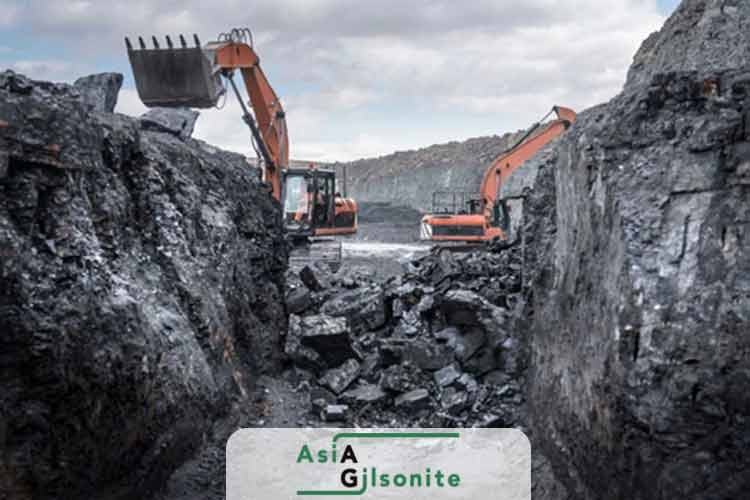
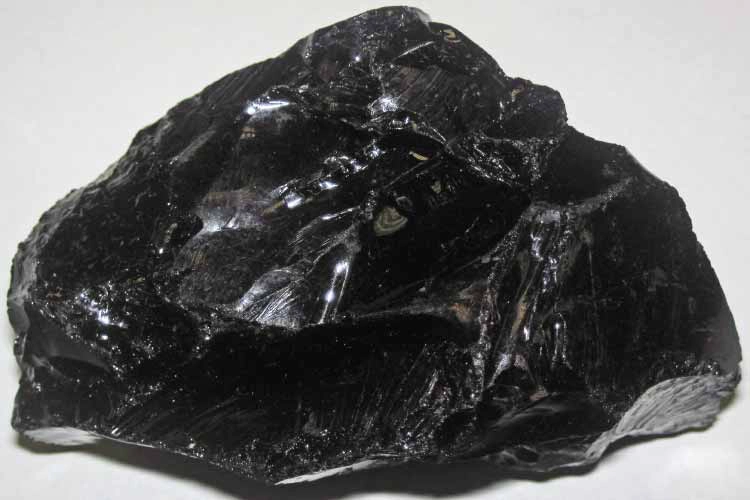
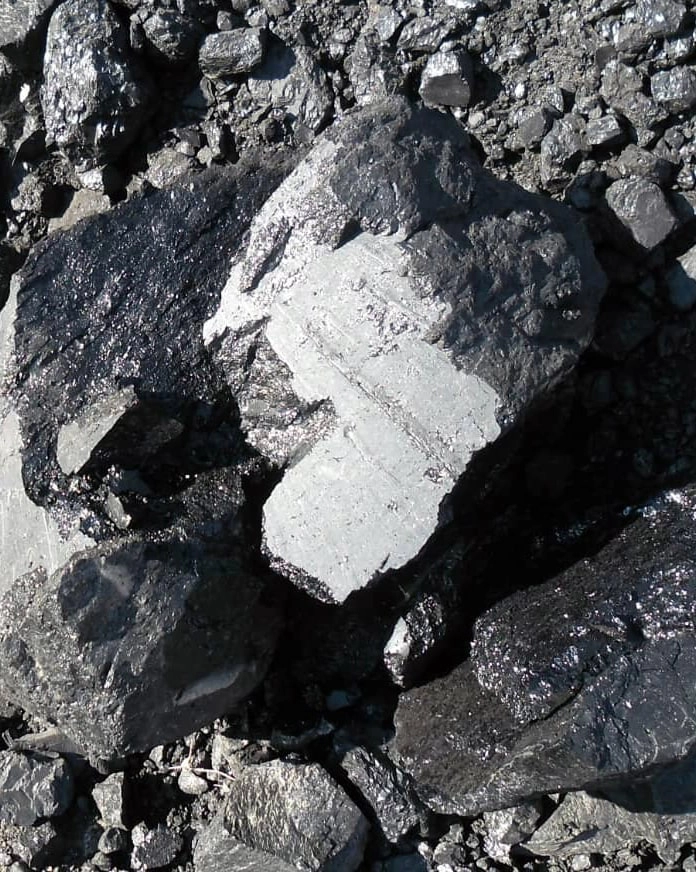
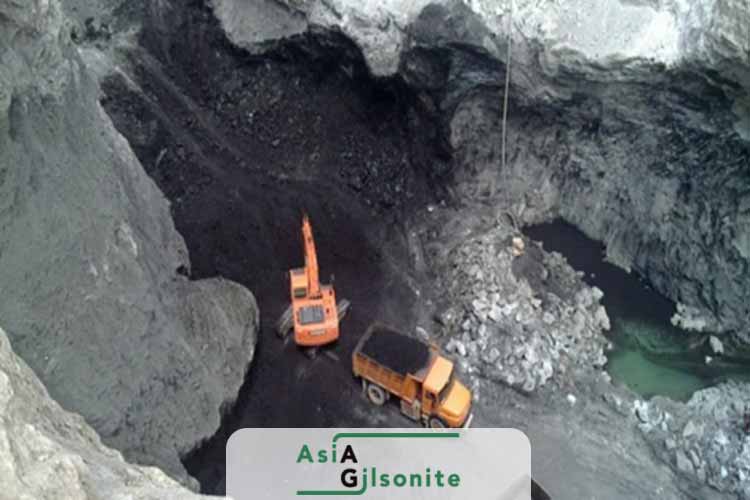
To purchase and export our products, the following initial steps must be completed:
Gilsonite Price & Ordering Process
Obtain a Gilsonite price quote through the inquiry form or a phone call
Reaching an agreement on requested Gilsonite product and signing the contract
Fast Gilsonite delivery based on the destination (land or sea)
Gilsonite Price & Availability
The production of gilsonite powder is carried out through a professional and precise process. Gilsonite lumps are flammable, and the grinding and grading process requires specialized technology and equipment. At Asiagilsonite, we use advanced crushing and centrifuge systems to ensure consistent particle size and high-purity output.
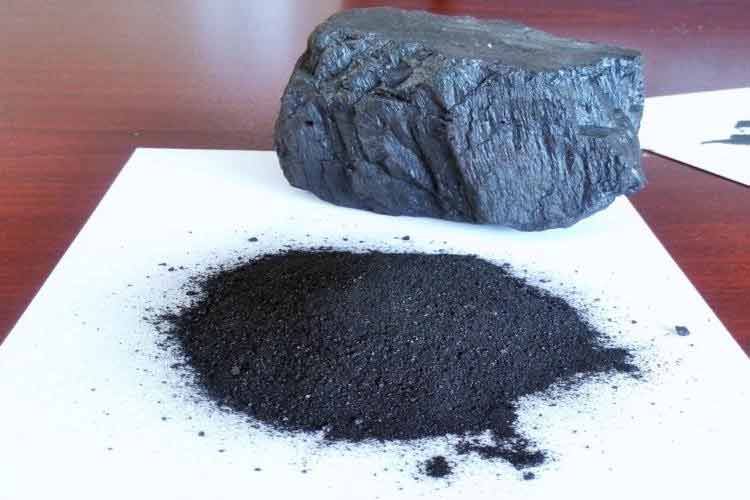
Every industry has its unique requirements. If you operate in these sectors, Asia Gilsonite is your trusted supplier, delivering reliable solutions tailored to your needs.

Beyond Gilsonite: A Comprehensive Industrial Supplier:
With state-of-the-art infrastructure and two decades of expertise, Asiagilsonite offers a diverse range of high-quality industrial minerals, making us a trusted supplier for heavy industries worldwide.
Our product range includes:
- Asphalt – High-performance solutions for road construction and waterproofing
- Walnut Shell Powder – A natural, eco-friendly abrasive for polishing and filtration
- Barite – A key weighting agent for drilling fluids in oil and gas industries
- Bentonite – Versatile clay used in drilling, foundry, and environmental applications
Gilsonite Applications
At Asia Gilsonite, we provide high-quality raw materials to a diverse range of industries. Our commitment to excellence and competitive pricing has earned us the trust of clients worldwide. Today, we are proud to be a leading exporter of raw materials across five continents.
Gilsonite in Oil & Gas Drilling
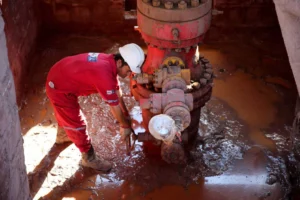
Our products, including Gilsonite, Barite, and Walnut Shell Powder, are essential components in drilling fluids and well stabilization, supporting oil and gas exploration projects.
Gilsonite in Insulation

Our natural bitumen (Gilsonite) is widely used in construction and infrastructure projects for durable and highly resistant waterproofing.
Gilsonite in Paints & Coatings

Gilsonite and Bentonite enhance durability, gloss, and adhesion in paints and coatings.
Gilsonite in Rubber Manufacturing

Our raw materials enhance the strength, flexibility, and heat resistance of rubber, making them widely used in the automotive and heavy industries.
Gilsonite in Shock Absorbers

Gilsonite improves the performance and longevity of shock absorber systems, ensuring a smoother and safer driving experience.
Gilsonite in Asphalt Production

Natural bitumen (Gilsonite) is a key ingredient in producing weather-resistant,high-performance asphalt, essential for building sustainable and long-lasting roads.
Gilsonite in Inkjet Printing

Walnut Shell Powder and Gilsonite improve texture consistency and uniform ink distribution in inkjet printing, enhancing print quality and clarity.
Gilsonite in Casting
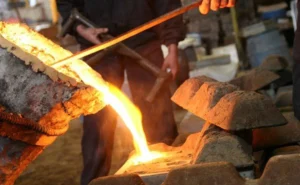
Bentonite reinforces mold strength and improves casting precision, meeting the demands of the foundry industry.
Gilsonite Packaging Options
We offer customized packaging solutions to meet different industrial requirements:
- Bulk truck shipments – For large-scale buyers
- 1-ton jumbo bags – Ideal for industrial applications
- 25kg silicone bags – Suitable for precision-based industries
- Palletized & non-palletized shipping – Ensuring safe handling

Gilsonite for Sale - Why Choose AsiaGilsonite?
Key Factors Influencing Gilsonite Price
The price of gilsonite is determined by several critical factors, including:
- Tailored mesh sizes and packaging
- Free sampling for bulk inquiries
- Short lead times and fast international shipping
- Consistent product quality guaranteed
For over 23 years, AsiaGilsonite has been recognized as a trusted supplier across various industries. Our extensive global presence and years of exporting to multiple countries have provided us with invaluable insight into the needs of both domestic and international customers.
Address
Unit 912, A Block, 4th Tangestan St.
Contact Number
+98 (21) 26876810
+98 (912) 112 3813

